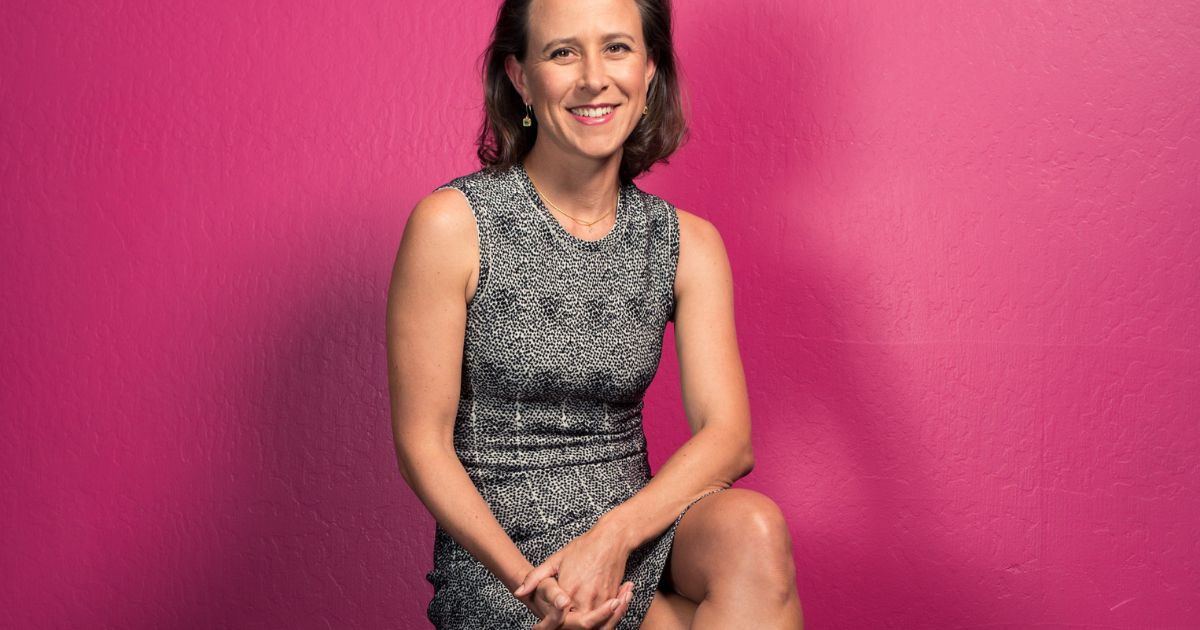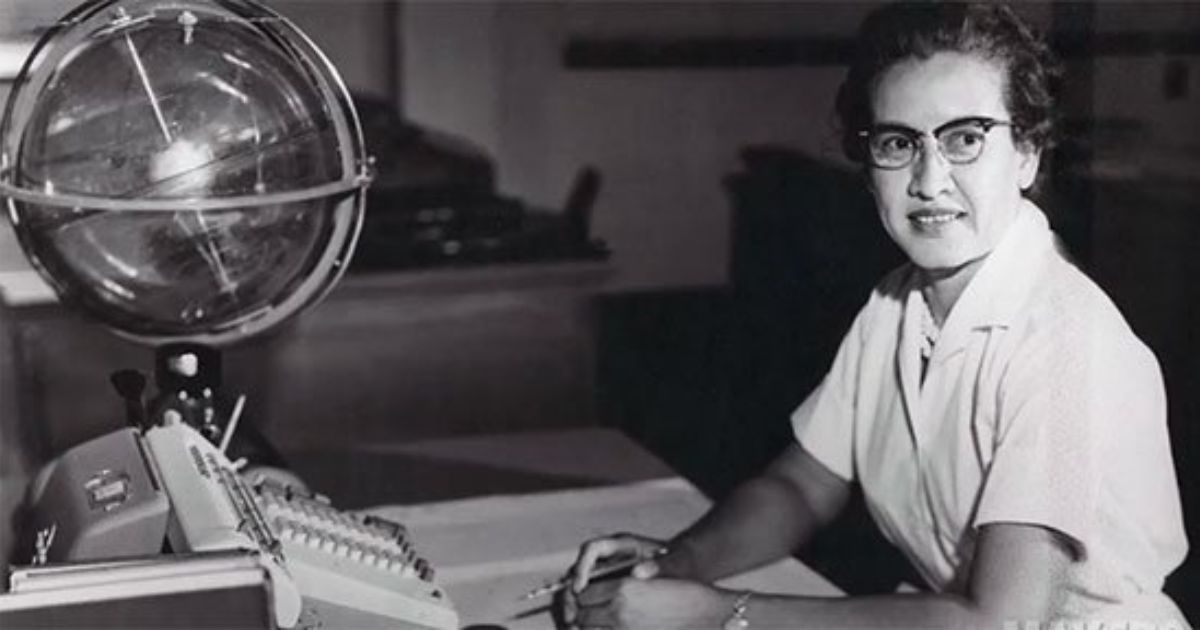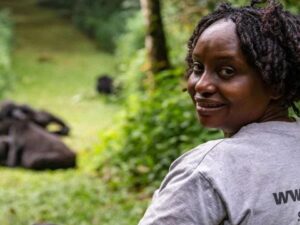Anne Wojcicki didn’t follow the expected path. She wasn’t interested in Wall Street. She wasn’t drawn to traditional tech. Instead, she wanted to change healthcare.
She saw a problem. Medicine treated symptoms, not causes. People had little access to their own genetic data. What if they could? What if understanding DNA could help prevent disease, not just react to it?
That question led her to start 23andMe.
Table of Contents
A Radical Idea by Anne Wojcicki
Anne studied biology at Yale. She dreamed of becoming a doctor but grew frustrated with the system. Instead, she became a biotech analyst. She learned how the healthcare industry worked—who made decisions, where money flowed, what slowed innovation.
It didn’t take long to realize something was missing: patient power.
Doctors and drug companies controlled health information. Genetic testing was expensive and inaccessible. Anne wanted to change that. She wanted people to own their own data.
In 2006, she co-founded 23andMe, a direct-to-consumer genetic testing company. The goal? Make DNA testing simple, affordable, and useful.
Fighting to Be Heard
Investors didn’t believe in her. They didn’t think consumers would pay for genetic insights. The idea of people controlling their own health data seemed radical. Critics worried about privacy, ethics, and regulation.
Anne didn’t back down.
She built a small team. They created an at-home DNA test. Spit in a tube, send it in, get genetic insights. It was simple, but the science behind it was complex.
In 2007, 23andMe launched its first test. It provided ancestry information and health insights based on genetics. The tech world took notice. In 2008, Time magazine named it “Invention of the Year.”
But the road wasn’t easy.
Anne Wojcicki Faced Regulatory Battles and Setbacks
Success brought scrutiny. In 2013, the FDA ordered 23andMe to stop selling its health reports. They claimed the company was offering medical advice without approval.
For most startups, this would have been the end. But Anne refused to quit.
She worked with regulators. She refined the product. She fought to prove that people had a right to their genetic information.
In 2015, 23andMe won back FDA approval. It became the first company authorized to provide direct-to-consumer genetic health reports. This was a turning point.
Changing Lives
Today, millions of people have taken 23andMe tests. They’ve discovered ancestry connections, learned about health risks, and even found lost relatives.
The company has expanded into drug research, using genetic data to develop new treatments. It partners with scientists and institutions to study diseases like Parkinson’s and Alzheimer’s.
Anne never wanted to just sell tests. She wanted to give people knowledge—the kind that could change lives.
A Vision for the Future
Anne Wojcicki didn’t just build a company. She started a movement. She changed how people think about their own health. She challenged the medical establishment. She proved that science and technology can empower individuals.
Her journey wasn’t easy. It was full of obstacles, doubts, and resistance. But she kept going.
Today, 23andMe is a billion-dollar company. But for Anne, the real success is something bigger—helping people take control of their own health, one DNA test at a time.























